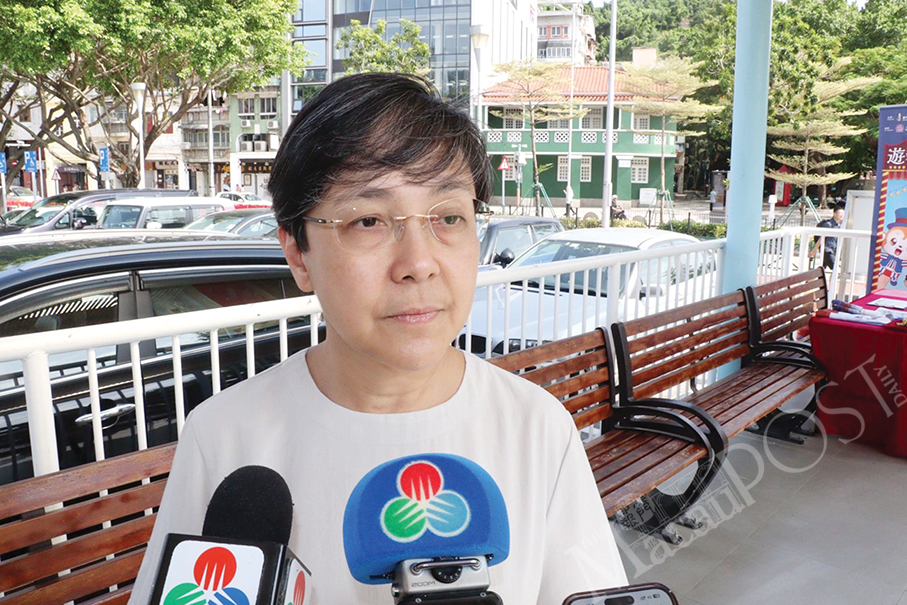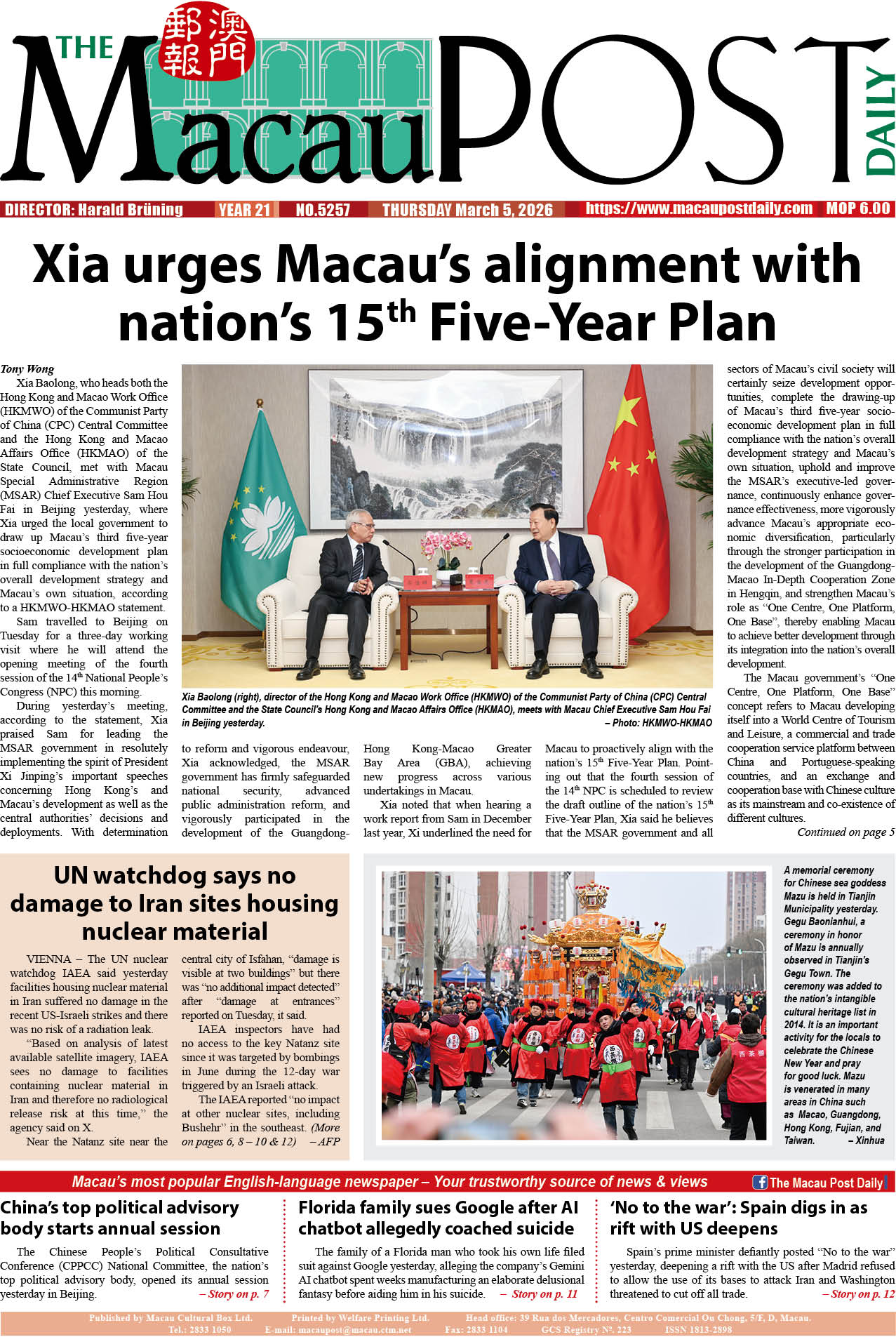Commentary
HONG KONG – Yesterday marked the nation’s 5th National Security Education Day, with a series of events taking place in its Hong Kong Special Administrative Region (HKSAR) to promote national security education.
In the wake of the disturbance related to the now-withdrawn ordinance amendments concerning the transfer of fugitives in the HKSAR last year, it is of great significance to guide Hong Kong’s society to accurately understand and consciously safeguard national security, and to put in place a sound legal system and enforcement mechanism for safeguarding national security in the HKSAR as soon as possible.
National security is the prerequisite for a country to survive and develop, and safeguarding national security is in the fundamental interests of all Chinese people, including Hong Kong compatriots. China’s national independence, reunification and prosperity serve as a fundamental guarantee for the prosperity and stability of the HKSAR.
An inalienable part of China, the HKSAR must take its constitutional responsibility to safeguard national security in accordance with the Basic Law. It is a common responsibility of Hong Kong’s executive, legislative and judicial organs and all Hong Kong residents.
It is a critical and necessary task to establish a sound legal system and enforcement mechanism for safeguarding national security in the HKSAR.
“The Hong Kong Special Administrative Region shall enact laws on its own to prohibit any act of treason, secession, sedition, subversion against the Central People’s Government, or theft of state secrets, to prohibit foreign political organizations or bodies from conducting political activities in the Region, and to prohibit political organizations or bodies of the Region from establishing ties with foreign political organizations or bodies,” reads Article 23 of the Basic Law.
Persistent risks and loopholes
Regrettably, since Hong Kong’s return to the motherland, this task, which should have been completed, has encountered various obstacles and has yet to be achieved, leaving Hong Kong saddled with persistent risks and loopholes in terms of safeguarding national security.
In particular, last summer saw lingering disturbance in Hong Kong related to the proposed ordinance amendments, with violent and illegal incidents spreading under the instigation of anti-China plotters and the interference of external forces.
The disturbance has fully exposed the attempts of the anti-China elements and external forces to destabilize Hong Kong, paralyze the HKSAR government, seize the governance of the HKSAR, turn Hong Kong into an independent or semi-independent political entity and even to bring a “color revolution” to the mainland to contain China’s development.
All this highlights the extreme importance and urgency for the HKSAR to safeguard national security and maintain social stability.
Therefore, it is necessary to establish and improve the legal system and enforcement mechanism for the HKSAR to safeguard national security as soon as possible, strengthen relevant law enforcement forces, and resolutely prevent external forces from interfering in China’s Hong Kong affairs or carrying out activities of secession, subversion, infiltration and sabotage. Only in this way can Hong Kong’s long-term peace and stability be ensured and people’s well-being guaranteed.
Anti-China plotters
Due to the misdirection and manipulation of anti-China plotters, national security has long been a sensitive topic in Hong Kong society.
It is necessary to carry out thorough “desensitization” and rectification efforts in this regard, promote public awareness of the importance of national security, and improve education on the nation’s Constitution and Hong Kong’s Basic Law, China’s national conditions, history and Chinese culture for those who hold public posts and young people in Hong Kong.
It is hoped that all sectors of Hong Kong society can take the opportunity of the National Security Education Day to enhance their sense of responsibility for and undertake their mission of safeguarding national security, so as to jointly promote the successful practice of “One Country, Two Systems” in Hong Kong and embrace a better future.
– Xinhua








